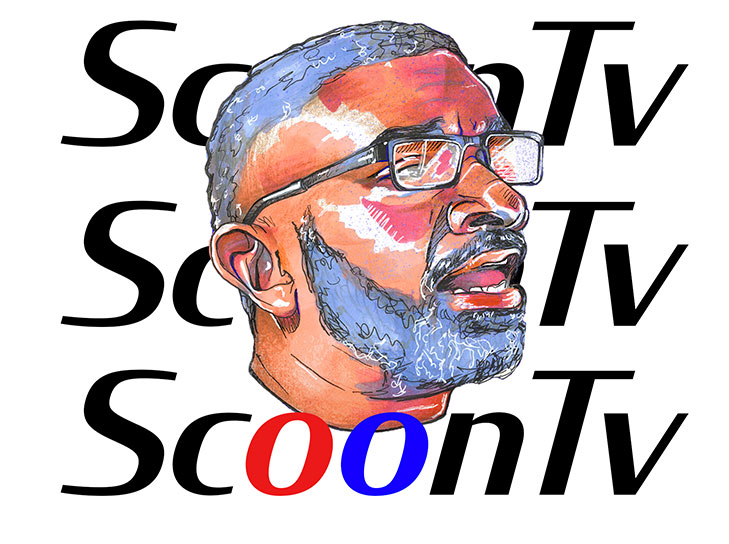By John C. Baldwin
As I navigate the founder circle and speak with investors, common themes and questions continue to rise. When I first pitched FENDR to an investor, I stayed up all night preparing for the 100 questions investors might ask. In actuality, they asked the same recurring questions.
The three most consistent questions are who are you, why are you the person to tackle this issue, and why now? These questions dig deeper into who you are and use your past experiences to sell not only your idea but yourself.
Founders get nervous around the Q&A portion of the investor interview. I was too. However, this serves as a getting to know you and allows you to capture the investor’s attention and respect.
Who am I? I have five years of experience at JPMorgan working first in credit and risk where I was certified annually in both AML (Anti-Money Laundering) and KYC (Know your customer/client). I then moved to sales implementing those same policies and building relationships in the partnership sales channels. By the end of my first year, I was in the top 10% of the Ratings Percentage Index or RPI.
Over the course of 3 years, I onboarded more than 500 franchises across North America with 93% approved merchant applications. I did so through collecting all the required documentation upfront before it was reviewed through underwriting.
Our past experiences are a great way to sell your professional abilities to handle the task of being a founder. Brands aid in marketing your skills and ability. Not everyone will attend an Ivy League school or work at Google. However, there are work experiences you have gained that demonstrate your competency.
Why me? As an accident victim, I experienced the financial and physical impact after an accident. Regardless of one’s socioeconomic class, race, gender, etc. – the impact of an accident has lasting impacts for months and even years after an accident.
Investors want believability. Whenever a check is being written, they’re investing in both the idea and the founders. They believe in the team. It’s important to give them something to believe in.
A misconception I held about venture capitalists was that they were looking for a reason to say “no.” Actually it’s the opposite, especially when your meeting was facilitated through a warm introduction.
The pandemic has disrupted industries across the globe. I completed an accelerator that was held in New York City and established close professional relationships with people I’ve never met. Essentially, the pandemic demonstrated that the workforce is changing.
People can work remotely, and commercial real estate is changing into the digital landscape. FENDR can now connect various professionals to the services they need with professionals miles away from their home.
As much as I don’t want to admit it, the world has changed and probably won’t go back to the way it was. Some think it is good, while others are adapting. I’m an adapter, but I do miss the idea of working in an office with colleagues.
What are your vulnerabilities and why would they use you? Granted, I will plead the fifth to this response. Hey, you have to keep your readers guessing. However, if you don’t self-reflect, chances are you don’t know your vulnerabilities.
All too often, founders fall into the trap of believing their own hype and not allowing the market to dictate their idea’s success. However, you should think about what risks or threats will subject your organization to scrutiny.
Not all questions are about you too – which is a relief. A lot of questions are focused on your customers. What motivates your customer?
For us – it is empathy and a call to action. Crash victims need a host of services and options. While undeliberate, the tech world is very insulated and at times removed from the world outside of tech.
Coming from rural Georgia, a car is a requirement because the bus system is not consistent. If you don’t have a car, commuting to and from work will be difficult. However, in the Bay Area, I have not owned a car since my accident in 2016.
How big is the market we’re going after? The crash industry itself is a $206 billion addressable or total addressable market. We will not go after every customer because it’s impossible. However, whenever starting a business, think of the ideal customer and the segment you will go after.
Next, create a strategy to begin attaining those customers. Much like a job, the interview portion of your pitch meeting is implemented in a way to learn more about you, what you’re building, and your team’s ability to get it done. Do not discount the opportunity to show your team as an asset and what each of you bring.
While pitching is a stressful and time-consuming task, the more you pitch, the better you become. Make the story interesting, believable, and have the investor engaged.
Subscribe to get early access to podcasts, events, and more!






